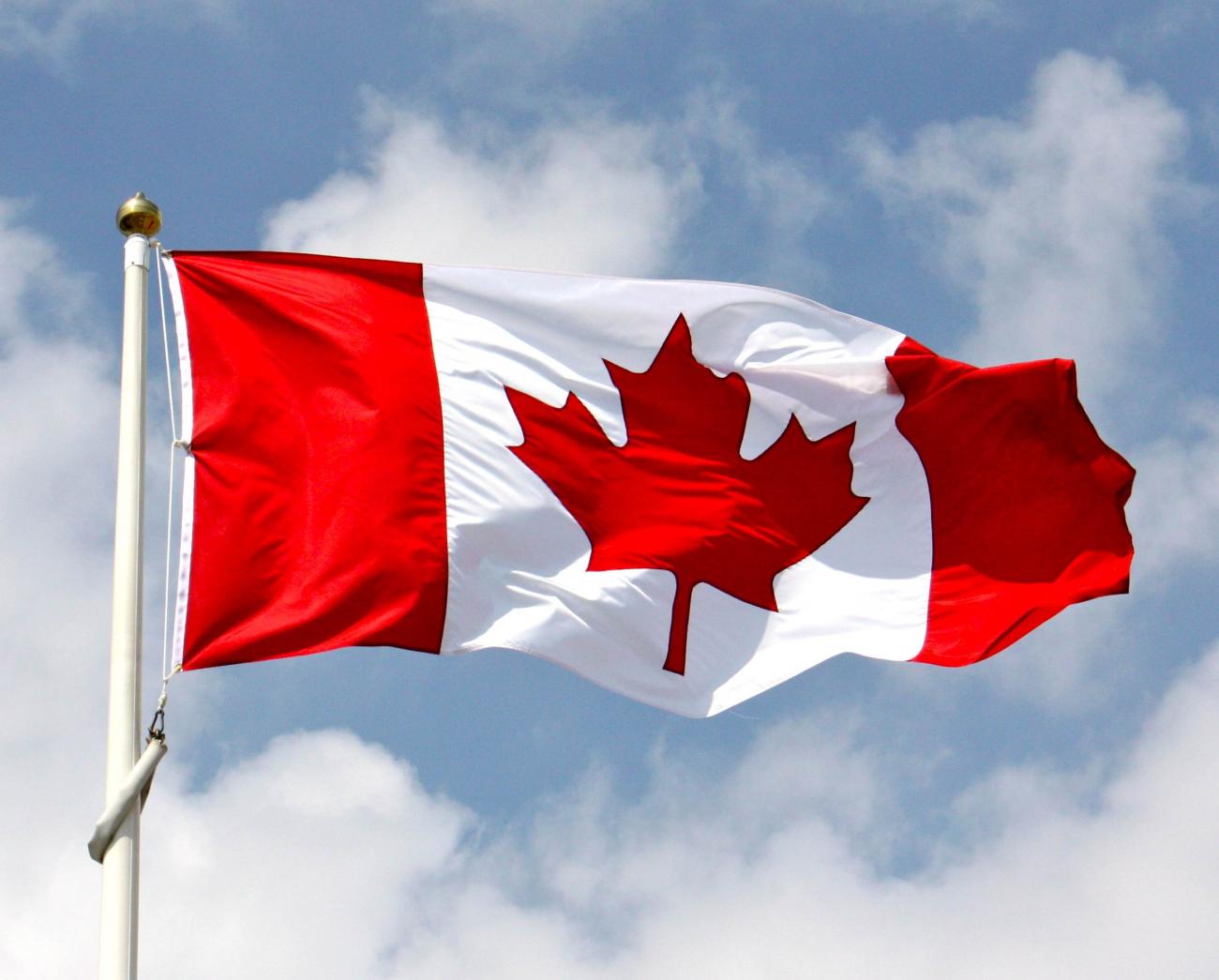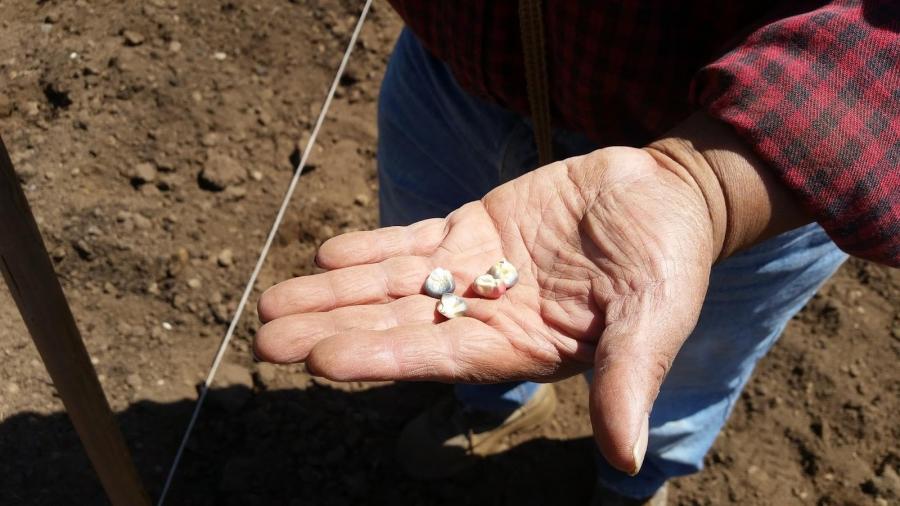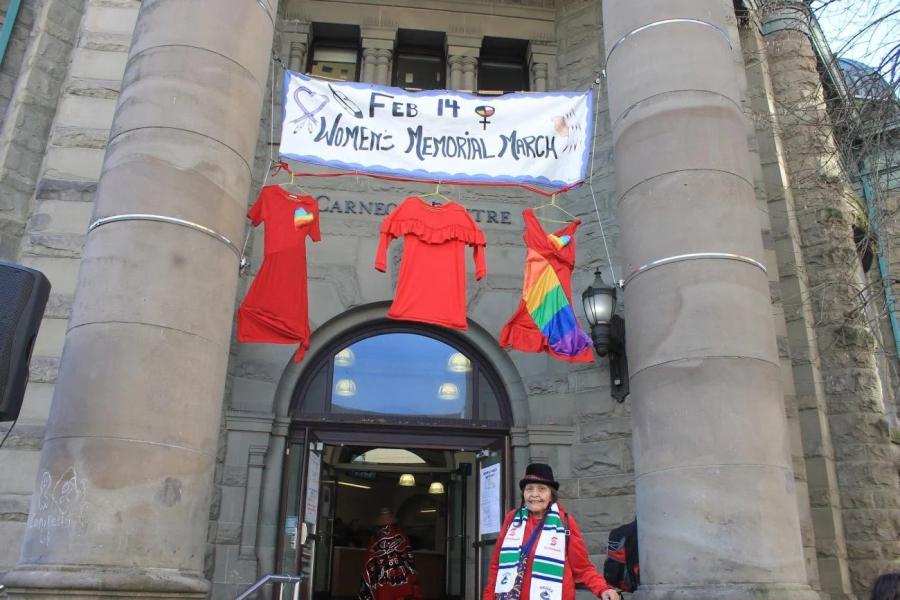
On August 25th, 2017, the United Nations Committee on the Elimination of Racial Discrimination released its Concluding Observations on Canada’s periodic review at its 93rd session, condemning the state’s violation of Indigenous Peoples’ rights. The Committee on the Elimination of Racial Discrimination is the body of independent experts that monitors implementation of the Convention on the Elimination of All Forms of Racial Discrimination (CERD) by its State parties.
The Committee's Concluding Observations cover issues ranging from overrepresentation of Indigenous Peoples in the prison system to violence against Indigenous women and children. In August 2017, Indigenous representatives from Canada traveled to Geneva to testify before the Committee representing more than half of the civil society organizations to do so on Canada’s behalf. The Committee even praised this impressive showing of support within its Concluding Observations stating “the Committee welcomes the vibrant participation of representatives of the First Nations, Inuit and Métis and civil society organizations in the review of Canada.” During the testimonies, emphasis was placed on the decision-making powers of Indigenous Peoples in regard to their own land and resources along with an analysis of colonial law in Canada.
The Concluding Observations begin with a review of positive legislative and policy measures that Canada took in accordance with CERD’s commitment to dignity and equality for all human beings. Included in these measures was a report titled Honouring the Truth, Reconciling for the Future, released by the Truth and Reconciliation Commission (TRC) of Canada. The TRC was created to reconcile and repair relationships with Indigenous Peoples affected by residential schools, the report includes “94 calls to action to address historical and ongoing discrimination against Indigenous Peoples.” Although this report demonstrates a step in the right direction, the Committee raised concerns over “the lack of an action plan and full implementation.” The same concerns were raised over the lack of implementation of the United Nations Declaration on the Rights of Indigenous Peoples (UNDRIP). The Committee suggested the development of “a concrete action plan” to implement the TRC’s 94 Calls to Action and the UNDRIP in coordination with Indigenous Peoples, along with establishing a monitoring and evaluation process once these measures are implemented.
The Committee condemned Canada’s “breaches of treaty obligations and international human rights law” rooted in the State’s disregard of Free, Prior and Informed consent. The Concluding Observations mention violations of the land rights of Indigenous Peoples, “in particular environmentally destructive decisions for resource development” that “continue to be undertaken without the Free, Prior and Informed Consent of the Indigenous Peoples.” The Committee criticized the “costly, time consuming and ineffective litigation” that is often used as a substitute for Free, Prior and Informed Consent procedures. The Concluding Observations also cite two instances of development projects including the Site C Dam and the Mount Polley Mine which despite protest from Indigenous Peoples, have continued. Both the Site C Dam and the Mount Polley Mine have resulted in environmental damages that disproportionately impact Indigenous Peoples. To remedy this, the Committee called on Canada to “prohibit the environmentally destructive development of the territories of Indigenous Peoples, and to allow Indigenous Peoples to conduct independent environmental impact studies.”
The Committee also brought attention to “the continued high rates of violence against Indigenous women and girls.” It praised the launching of the National Inquiry into Missing and Murdered Indigenous Women and Girls in 2016 while also calling for “an independent mechanism” to look at unsolved cases and to re-examine “evidence of inadequate or biased investigations”. In its recommendations, the Committee called for more “support and access to equal services for survivors” along with an improved system of data collection that would allow the public to know of the gravidity of violence, murders and missing indigenous women and girls. Special attention was also given to Indigenous children since “less money is reportedly provided for child and family services to Indigenous children than in other communities”. This underfunding of Indigenous children and families only widens the gap between First Nations and the rest of Canadian society.
Other topics that the Committee addressed include unequal access to adequate education and employment, over-representation of Indigenous youth in the foster system and racially biased sentencing by the judicial system. A strong theme of inaction was clear throughout the report, in that the Canadian government is laying the groundwork for addressing issues among Indigenous Communities by creating reports and Calls to Action while not actively trying to achieve these goals. The Committee made it evident that Canada must dedicate a great deal of time and resources to its Indigenous Peoples in order to fulfill the rights of Indigenous Peoples.
Read the full Concluding Observations here.



